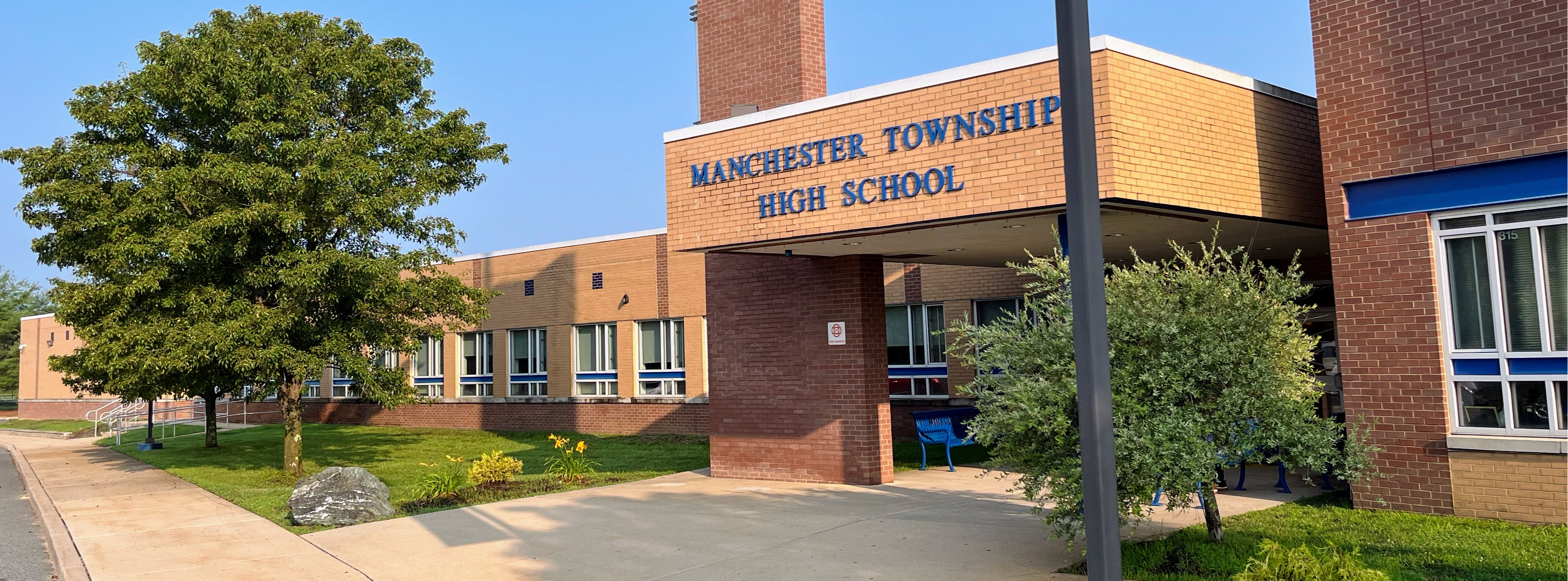The Role of Moms And Dads and Teachers in the Initiative to Save Temecula Schools
The Role of Moms And Dads and Teachers in the Initiative to Save Temecula Schools
Blog Article
Comprehending the Value of Schools in Child Advancement and Area Growth
Schools work as pivotal establishments for kid advancement and neighborhood development, supplying settings where scholastic achievements are enhanced by the farming of social abilities and exposure to diverse perspectives. These educational setups not just advertise important thinking and effective interaction but additionally foster compassion via collective jobs. Institutions' engagement with regional neighborhoods via service-learning efforts enhances the bond in between households and instructional institutions. This symbiotic partnership highlights the relevance of schools in supporting active citizenship and lifelong understanding routines. However, what are the details mechanisms through which these organizations attain such profound effects?
Academic Achievement
Academic success functions as a cornerstone of child advancement, supplying the structure upon which future discovering and success are constructed. Schools play an essential function in fostering this scholastic development, supplying structured settings where kids can acquire vital expertise and cognitive abilities. Standard curricula make certain that trainees gain proficiency in core subjects such as maths, science, and language arts, which are critical for both higher education and specialist possibilities.
In enhancement to imparting essential scholastic skills, colleges additionally cultivate vital thinking, problem-solving abilities, and intellectual interest. These cognitive competencies are vital for browsing complicated real-world situations and adjusting to the ever-evolving demands of the contemporary work environment. Teachers, as facilitators of understanding, use varied instructional strategies to accommodate varied discovering designs, therefore making best use of specific trainee possibility.
In addition, academic success is very closely linked to self-confidence and motivation. Youngsters that experience scholastic success are much more likely to establish a favorable self-concept and a lifelong enthusiasm for discovering. Colleges additionally offer numerous sources, such as libraries and technology, which additionally enhance the academic experience and prepare students for a technologically sophisticated society.
Social Skill Growth
Beyond academic achievement, the duty of institutions in social ability development is important. Schools work as a primary place for youngsters to find out and practice necessary social skills such as collaboration, problem, and communication resolution. In the organized environment of a class, students connect with peers, instructors, and other college team, supplying various opportunities to establish these vital capacities.
Reliable social ability advancement in schools is promoted with team activities, collective tasks, and extracurricular programs. These communications assist pupils comprehend social standards, develop empathy, and cultivate a feeling of area. Team projects show pupils just how to function with each other in the direction of a typical goal, listen to different point of views, and browse differences constructively.

The cultivation of social skills throughout school years lays a structure for future individual and expert partnerships. Save Temecula Schools. As pupils mature, the capacity to effectively work together and connect comes to be significantly essential, emphasizing the college's crucial role in alternative child development
Direct Exposure to Diversity
Direct exposure to variety in colleges is essential to promoting a comprehensive attitude and expanding pupils' point of views. Schools work as a microcosm of the more comprehensive society, and encountering diverse cultures, languages, and socioeconomic histories within this atmosphere furnishes students with necessary abilities for navigating a significantly globalized globe. This exposure encourages compassion, reduces bias, and advertises shared respect amongst peers.
Diverse classrooms additionally improve cognitive and social growth. Research suggests that pupils that communicate with peers from different backgrounds display better analytic abilities and creativity. They discover to appreciate different viewpoints, which enhances classroom discussions and fosters a more dynamic understanding experience. In addition, this understanding of diversity prepares trainees for future workplaces that value multicultural skills.

Neighborhood Interaction
The benefits of diverse classrooms extend past the college wall surfaces, cultivating a solid sense of community interaction among pupils. By engaging with peers from different social, socioeconomic, and ethnic histories, you can look here students acquire a more comprehensive perspective and a gratitude for variety. This exposure encourages them to come to be energetic citizens who agree to add favorably to their neighborhoods.
Colleges that stress community interaction commonly incorporate service-learning tasks, which permit pupils to attend to real-world problems while applying academic skills. These jobs not just improve trainees' understanding of their coursework yet additionally infuse a feeling of responsibility and compassion. In addition, collaborations in between institutions and neighborhood companies offer pupils with possibilities to join community occasions, additionally strengthening their role as proactive area participants.
In addition, adult and community participation in colleges enhances the bond between educational organizations and the areas they offer. With find out here these initiatives, colleges play a pivotal function in nurturing area engagement and cultivating societal growth.
Lifelong Knowing Habits
Establishing lifelong knowing behaviors is vital for a kid's constant growth and adaptability in an ever-changing globe. Schools play an essential role in instilling these habits by developing an atmosphere that promotes inquisitiveness, essential thinking, and a love for knowledge. With extracurricular tasks and diverse educational programs, instructors urge pupils to explore various subjects, assess info critically, and apply their learning to real-world circumstances.

Moreover, colleges supply an organized environment where youngsters can develop self-discipline and time monitoring abilities, both of which are vital for continuous knowing. By highlighting the significance of establishing objectives, assessing development, and adapting approaches, schools prepare trainees to navigate the intricacies of adult life, guaranteeing they stay lifelong learners and contributors to culture.
Verdict
To conclude, institutions are crucial in fostering youngster development and neighborhood development by giving settings for academic accomplishment, social skill advancement, and exposure to diversity. With collective projects and interactions, colleges boost critical reasoning, compassion, and communication abilities. Area interaction initiatives additionally reinforce the bond in between educational establishments and local areas. Ultimately, schools grow lifelong discovering habits, equipping people with the necessary knowledge and skills to contribute favorably to culture.
In the organized setting of a class, pupils connect with peers, instructors, and other institution team, supplying many possibilities to develop these important abilities.
In significance, exposure to diversity within colleges not only improves individual pupils but additionally reinforces the social textile of the community as a whole.
The advantages of diverse classrooms expand past the school walls, fostering a solid sense of community engagement amongst pupils.Schools that highlight neighborhood involvement often incorporate service-learning jobs, which permit trainees to deal with real-world troubles while using academic abilities. Collaborations between schools and regional companies go right here give trainees with chances to take part in community occasions, further strengthening their role as aggressive community members.
Report this page